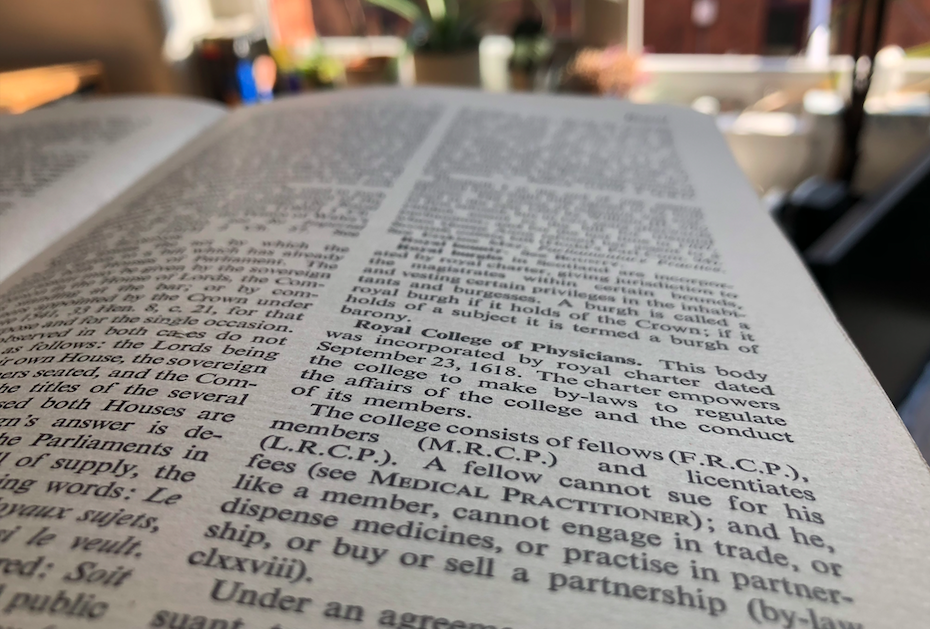It can be, particularly if it is part of a pattern of behaviour which might undermine trust in a doctor.
Doctor M was erased from the register by a Medical Practitioners Tribunal (“MPT”) in circumstances where they found three instances of written misrepresentations, one of which was membership one of the Royal Medical Colleges together with an American medical college.
The facts are that Doctor M was a fully qualified practicing doctor with a previously clear record and was an excellent clinician. For over three years on his letterheads, Dr M described himself or allowed himself to be described as a Fellow of the Royal College of Physicians by use of the post nominals ‘FRCP’ and also as a fellow of an American medical college when in truth he was not a member of either.
The other allegations in the case were that Dr M deleted and replaced a paragraph in a letter describing a patient’s diagnosis and prescription and had attempted to solicit his private services to two patients during consultations.
The MPT rejected Dr M’s suggestion that it was reasonable for him to assume he automatically became FRCP when he started practicing in this country. One of the doctors who gave evidence expressed his view that using ‘FRCP’ had little to no effect on influencing choice of physicians. The point was argued by Dr M’s counsel who also argued that the GMC fell into error because the post nominals are wholly different from a qualification and they do not indicate experience. The MPT however also rejected these arguments. The MPT stated that the use of ‘FRCP’ may have benefitted him in his private practice and that they “are usually a direct reflection of a qualification received from a professional body”.
In the circumstances of the case the MPT found it could not allow Dr M to continue to be registered. The three separate episodes of dishonesty over a long period of time which had the sole aim of benefiting himself were insurmountable. MPT’s frequently cite the Sanctions Guidance that dishonesty is difficult to remediate and they expressed their view that Dr M had anyway insufficiently endeavoured to address the concern that the behaviour would not be repeated. Dr M had argued that the events occurred in an environment of dysfunction and professional jealousy and that he was now in a very different environment where no such incidents had arisen. This argument however seems also to have fallen on deaf ears.
It is quite plain that the MPT did consider that falsely pretending to be a member of the Royal College of Physicians was a serious matter. Of itself, it is not of equivalent legal or regulatory significance as practicing without a licence which carries criminal and regulatory implications (see here for our post on this point – https://gmchearings.co.uk/what-happens-if-i-practice-medicine-as-a-doctor-without-a-licence/ ). Though an honour, Royal College membership does not confer exclusive clinical practicing rights. A doctor should have cognisance of their own title and the manner in which they are holding themselves out and it will be difficult to explain ignorance of the point. If you have any queries about your regulatory or legal position please contact us directly and we can provide advice on your circumstances.



